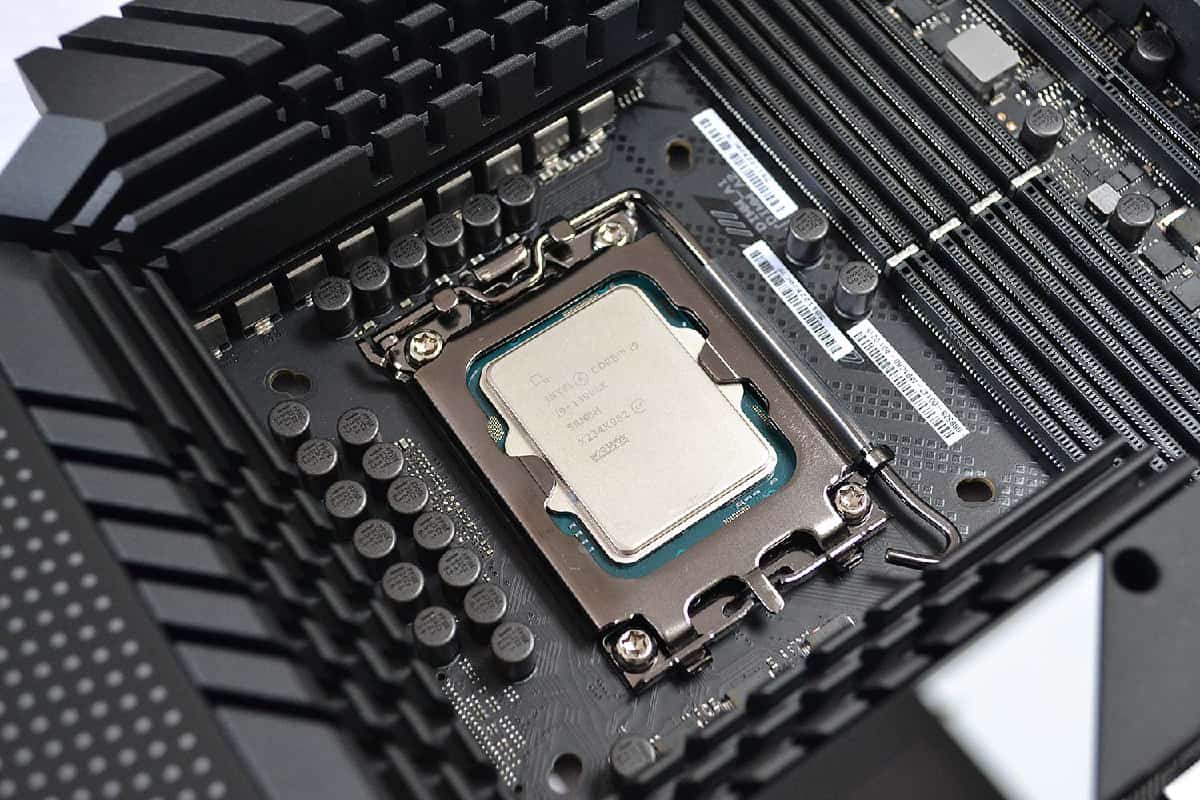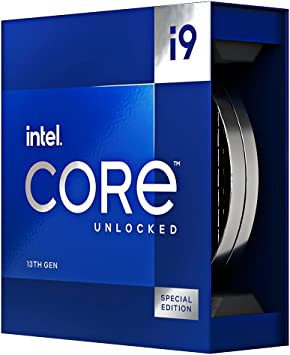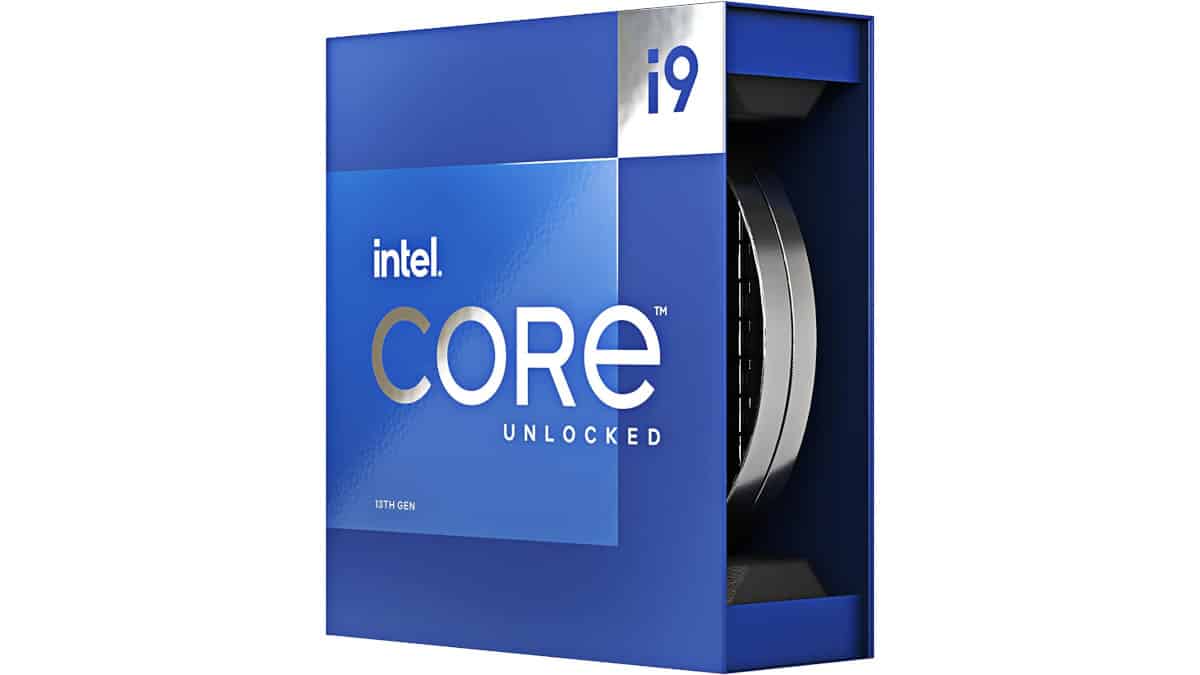Last Updated on
It was only a matter of time before we would see this face-off: a battle of titans. Intel has released the new i9-13900 “KS” class, the fastest and more power-hungry consumer-based CPU in the market at the moment, which means we must pit the Core i9-13900KS vs the i9-13900K to see major comparisons and differences between the two processors.
If you’re in the market for a high-end CPU, this is the article you should check out. In this post, we will compare and analyze specs, price, and overall performance, with the objective of finding how better the new 6 GHz CPU is and if it’s worth getting over the already fast 13900K.
i9-13900ks vs i9-13900k: Specs
The i9-13900K was already a power-hungry CPU. In fact, all the top line of the 13th gen tends to draw a lot of power. However, when you have a strong feature-rich component to back up the TDP, performance is always key.
Intel seemed to have taken the path of strength and speed over power efficiency with the new KS version. This CPU can achieve an incredible limit of 6 GHz without being overclocked. This is a 0.2 GHz of difference over the K series.
| Specs | i9-13900KS | i9-13900K |
|---|---|---|
| Cores / Threads | 24 / 32 | 24 / 32 |
| P-Core Base / boost clock speed | 3.0GHz / 6.0GHz | 3.0GHz / 5.8GHz |
| E-Core Base / boost clock speed | 2.2GHz / 4.3GHz | 2.2GHz / 4.3GHz |
| Cache (L2 / L3) | 32+36 | 32+36 |
| TDP | 150W | 125W |
The Intel Core i9-13900KS and the Intel Core i9-13900K are both high-performance processors with 24 cores and 32 threads. They have similar base clock speeds of 3.0GHz and share the same L2/L3 cache size of 32+36. However, the main difference between the two processors is in the boost clock speed. The i9-13900KS has a boost clock speed of 6.0GHz, which is significantly higher than the i9-13900K’s 5.8GHz.
This means that the i9-13900KS should perform better in tasks that require high-frequency processing. Additionally, the i9-13900KS also has a higher TDP of 150W, compared to the i9-13900K’s 125W, which means it will consume more power.
If you’re willing to take the heat of the extra 25W TDP and are looking for the best performance in high-end gaming, 3D rendering, and demanding content creation tasks that Intel can provide, then the 13900KS should be the one to go with. Keep in mind though that this power and speed come with a price.
i9-13900ks vs i9-13900k: Price
The Intel Core i9-13900K has an MSRP of $589, while the Intel Core i9-13900KS has an MSRP of $699. This means that the i9-13900KS is $110 more expensive than the i9-13900K. This is likely due to the higher boost clock speed and TDP of the i9-13900KS. So, when considering the price, the i9-13900K is a more cost-effective option, but if performance is the main priority, the i9-13900KS may be worth the additional cost.
However, cost-effectiveness is not always what the public aims for, and at this price tag a lot of you are just looking for the best money can buy. We can already see at this point a lot of enthusiasts imagining how far they can get overclocking a beast like the 13900KS. And that might be exactly why this chip was built: to impress. The price is part of that charade.
i9-13900ks vs i9-13900k: Performance
In general, both CPUs are on the same side of the coin when it comes to performance. Both are built under the same architecture and are aimed at the same segment of the public. Speed is the main differential here. However, at this level, how much does it matter to have a 200 MHz of boost clock speed difference and 25W of TDP?
Back in December, we looked at a leaked performance comparison between the 13900KS and the 13900K. The image showed a benchmark done informing the Cinebench R23 single and multithreaded results, where the 13900KS achieve 2,366 in the single-core score and 40,998 in the multi-core one, while the 13900K got 2,243 and 39,689, respectively. This is the same as a 5% improvement in single-core tasks and 3% in multi-core activities.
Although a 5% difference is an important bump to consider, it falls behind when we looked at the new 13900 KS, which is 16% more expensive than the i9-13900K. So, you’ll not only get a pretty similar performance, you’ll have to pay $110 more to get it.
Last thoughts
The Intel Core i9-13900KS is a high-performance processor that offers a boost clock speed of 6.0GHz, which is 5% higher than the i9-13900K’s boost clock speed of 5.8GHz. This makes it a suitable option for tasks that require high-frequency processing, such as video editing, 3D rendering, and gaming. It also has a higher TDP of 150W, which makes it better suited for heavy workloads. However, it comes with a significant price premium of 16% more expensive than the i9-13900K.
In conclusion, the Intel Core i9-13900KS is a powerful processor that offers a performance boost over the i9-13900K, but it comes at a higher premium. If you prioritize performance and are willing to pay the extra cost, the i9-13900KS is a solid option. However, if cost is a major concern and a 5% performance increase is not that crucial, the i9-13900K may be a more cost-effective option.





